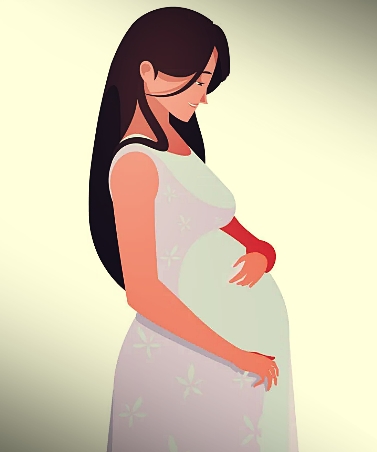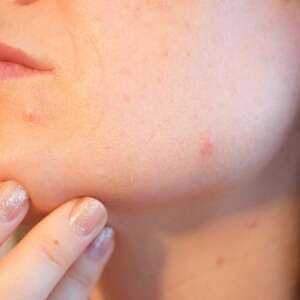Understanding what happens in the brain to facilitate this decision-making process is essential for developing new strategies to promote physical activity…reports Asian Lite News
According to the World Health Organization, 80 per cent of adolescents and 27 per cent of adults do not get enough exercise, and obesity rates are rising alarmingly among both adults and children…reports Asian Lite News
xxxx
Is your brain in a dilemma wondering if you should go for exercise or instead have those tasty extra fries? A study released by Swiss researchers on Tuesday may finally provide your answer.
Until now, science has had no idea what happens in our brain when we make this decision.
Researchers at ETH Zurich have uncovered a key factor in the brain’s decision-making process when it comes to this particular decision. Scientists discovered that the chemical messenger orexin and its neurons may be transferable to humans, explaining why some resist temptations and maintain regular physical activity.
Researchers found that mice with a blocked orexin system preferred a milkshake over exercise, while those with an intact orexin system spent more time on the running wheel and less time at the milkshake bar.
Denis Burdakov, Professor of Neuroscience at ETH Zurich, explains the significance of these findings. He notes that while many people struggle to get enough exercise, some manage to resist daily temptations and stay active.
Understanding what happens in the brain to facilitate this decision-making process is essential for developing new strategies to promote physical activity.
According to the World Health Organization, 80 per cent of adolescents and 27 per cent of adults do not get enough exercise, and obesity rates are rising alarmingly among both adults and children.
The study focused on orexin, a relatively recently discovered messenger substance in the brain. While other chemicals like serotonin and dopamine have long been known and studied, orexin’s functions are only now being clarified. The researchers found that when mice were given a choice between running on a wheel and enjoying a strawberry-flavoured milkshake, the presence of an intact orexin system significantly influenced their preference for physical activity.
The implications of these findings extend beyond basic neuroscience. Daria Peleg-Raibstein, a group leader at ETH Zurich, emphasises that this research could help in understanding and addressing the global obesity epidemic and related metabolic disorders.
By exploring how the brain arbitrates between food consumption and physical activity, scientists can develop more effective interventions to overcome barriers to exercise, particularly for those whose physical activity is limited.
The next step for the researchers is to verify these results in humans, given that the brain functions involved are known to be practically the same in both species. This could involve examining patients with a restricted orexin system due to genetic reasons or observing people who receive drugs that block orexin. Such studies could pave the way for new approaches to encourage exercise and reduce obesity rates, ultimately improving public health outcomes.
ALSO READ-Prenatal Stress May Raise Depression and Obesity Risks in Kids














